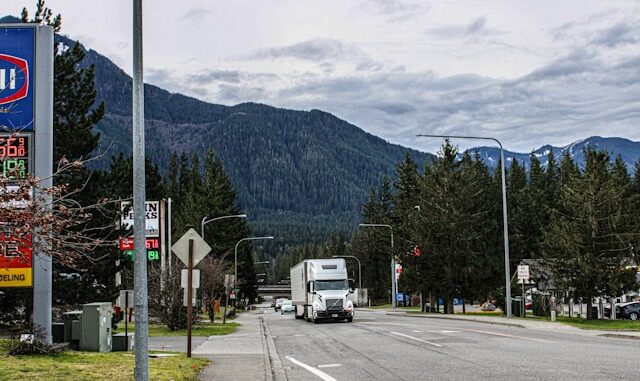
The aftermath of a truck accident can be overwhelming, especially when serious injuries are involved. While Ontario’s no-fault insurance system provides some financial support, it may not fully cover the extensive losses and damages you incur. This article focuses on the legal recourse available through lawsuits after a truck accident in Ontario, delving into the litigation process and the potential benefits of pursuing this avenue.
Why Pursue a Lawsuit?
While Accident Benefits provide crucial initial support, they often have limits and may not fully compensate you for the long-term consequences of your injuries. A lawsuit allows you to seek additional compensation from the at-fault party or parties responsible for the accident. This can include:
- Pain and Suffering: Compensation for the physical and emotional pain you’ve endured.
- Loss of Income and Earning Capacity: Reimbursement for lost wages, both past and future, due to your inability to work.
- Medical Expenses: Coverage for medical treatments, therapies, medications, and assistive devices not fully covered by Accident Benefits.
- Future Care Costs: Financial support for ongoing medical care, rehabilitation, and home modifications necessary for your recovery.
- Other Damages: Compensation for various other losses, such as out-of-pocket expenses, loss of enjoyment of life, and loss of companionship.
Who Can Be Held Liable in a Truck Accident?
Truck accidents can be complex, and multiple parties might share responsibility:
- Truck Driver: If the driver’s negligence, such as distracted driving, fatigue, or impairment, caused the accident, they can be held liable.
- Trucking Company: The company may be responsible for inadequate driver training, improper vehicle maintenance, or pressure on drivers to violate regulations.
- Vehicle Manufacturer: If a defect in the truck contributed to the accident, the manufacturer could be held liable.
- Other Parties: Depending on the circumstances, other parties, such as cargo loaders or road maintenance crews, could also share liability.
The Litigation Process
- Consultation with a Lawyer: The first step is to consult with an experienced personal injury lawyer specializing in truck accidents. They will assess your case, explain your rights, and guide you through the legal process.
- Investigation: Your lawyer will thoroughly investigate the accident, gathering evidence such as police reports, witness statements, medical records, and expert opinions to build a strong case.
- Filing a Statement of Claim: Your lawyer will initiate the lawsuit by filing a Statement of Claim, outlining the details of the accident, the parties involved, and the damages you’re seeking.
- Discovery: Both sides exchange information and documents relevant to the case. This can include examinations for discovery (questioning under oath) and obtaining expert reports.
- Mediation or Settlement: Many cases are resolved through mediation or settlement negotiations, where both parties attempt to reach an agreement outside of court.
- Trial: If a settlement isn’t reached, the case proceeds to trial, where a judge or jury will hear the evidence and determine liability and damages.
Remember, pursuing a lawsuit can be a complex process. It’s crucial to have a skilled legal team on your side to advocate for your rights and ensure you receive the maximum compensation you deserve. Don’t hesitate to seek legal advice promptly after a truck accident to protect your interests.
